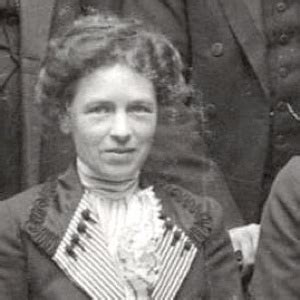A Quote by Loren Eiseley
Some degree of withdrawal serves to nurture man's creative powers. The artist and the scientist bring out of the dark void, like the mysterious universe itself, the unique, the strange, the unexpected. Numerous observers have testified upon the loneliness of the process.
Related Quotes
The universe does not exist 'out there,' independent of us. We are inescapably involved in bringing about that which appears to be happening. We are not only observers. We are participators. In some strange sense, this is a participatory universe. Physics is no longer satisfied with insights only into particles, fields of force, into geometry, or even into time and space. Today we demand of physics some understanding of existence itself.
Every artist, every scientist, must decide now where he stands. He has no alternative. There is no standing above the conflict on Olympian heights. There are no impartial observers. Through the destruction, in certain countries, of the greatest of man's literary heritage, through the propagation of false ideas of racial and national superiority, the artist, the scientist, the writer is challenged. The struggle invades the formerly cloistered halls of our universities and other seats of learning. The battlefront is everywhere. There is no sheltered rear.
For the emergent process, as noted by the geneticist Theodore Dobzhansky, is neither random nor determined but creative. Just as in human order, creativity is neither a rational deductive process nor the irrational wandering of the undisciplined mind but the emergence of beauty as mysterious as the blossoming of a field of daisies out of the dark Earth.
As in creating some significant work the artist first experiences something akin to dream awareness that becomes clarified in the creative process itself, so we must first have a vision of the future sufficiently entrancing that it will sustain us in the transformation of the human project that is now in process.
The Loneliness One dare not sound -- And would as soon surmise AS in its Grave go plumbing To ascertain the size -- The Loneliness whose worst alarm Is lest itself should see -- And perish from before itself For just a scrutiny -- The Horror not to be surveyed -- But skirted in the Dark -- With Consciousness suspended -- And Being under Lock -- I fear me this -- is Loneliness -- The Maker of the soul Its Caverns and its Corridors Illuminate -- or seal
Writing fiction is a solitary occupation but not really a lonely one. The writer's head is mobbed with characters, images and language, making the creative process something like eavesdropping at a party for which you've had the fun of drawing up the guest list. Loneliness usually doesn't set in until the work is finished, and all the partygoers and their imagined universe have disappeared.




































